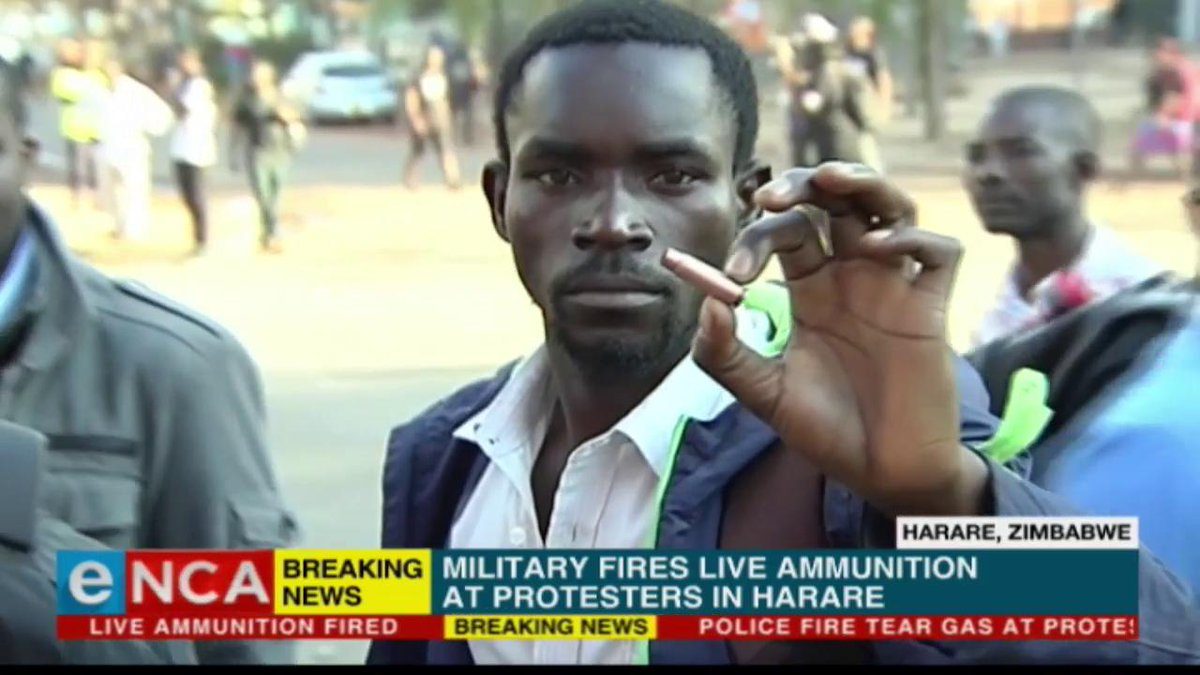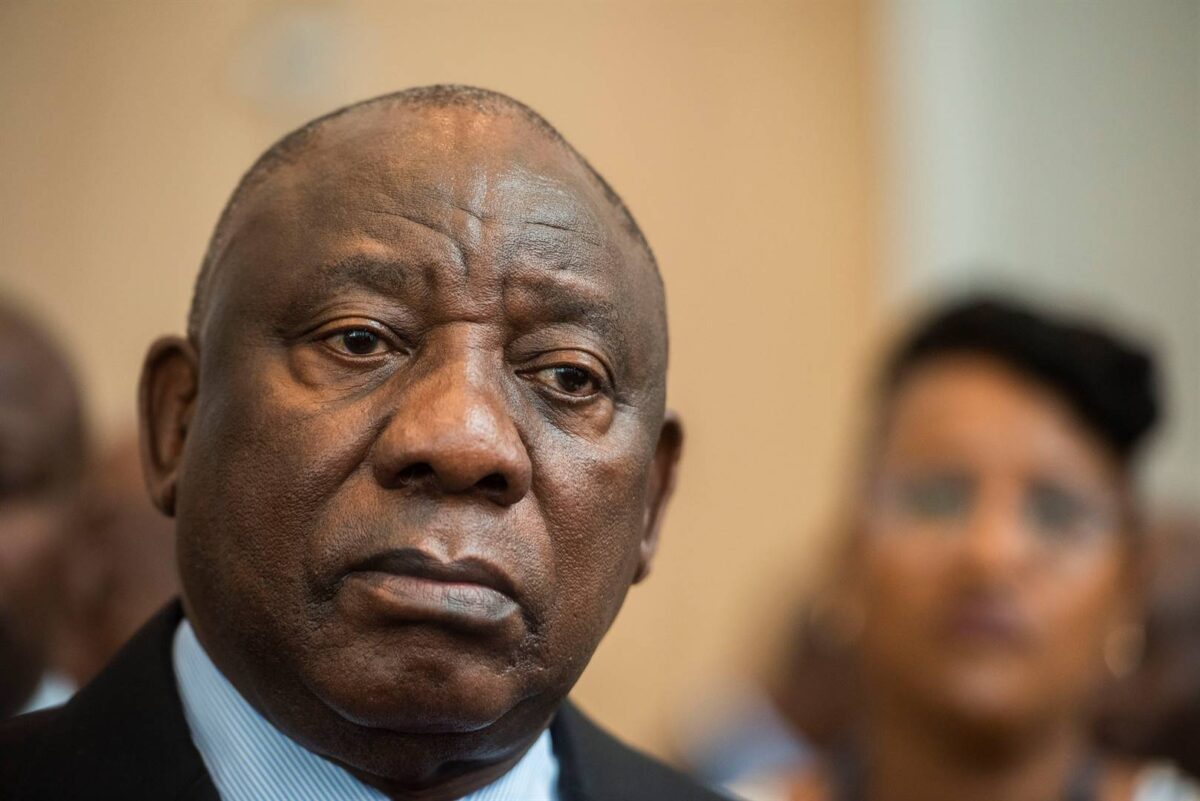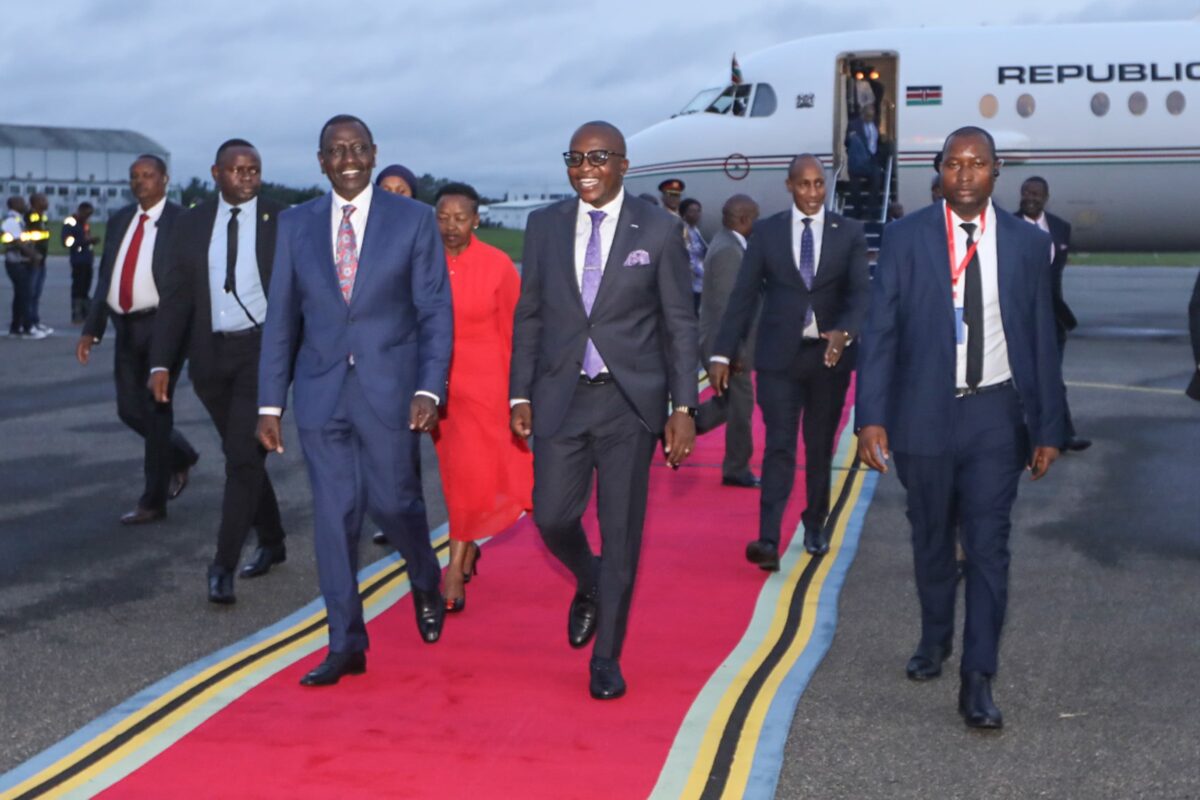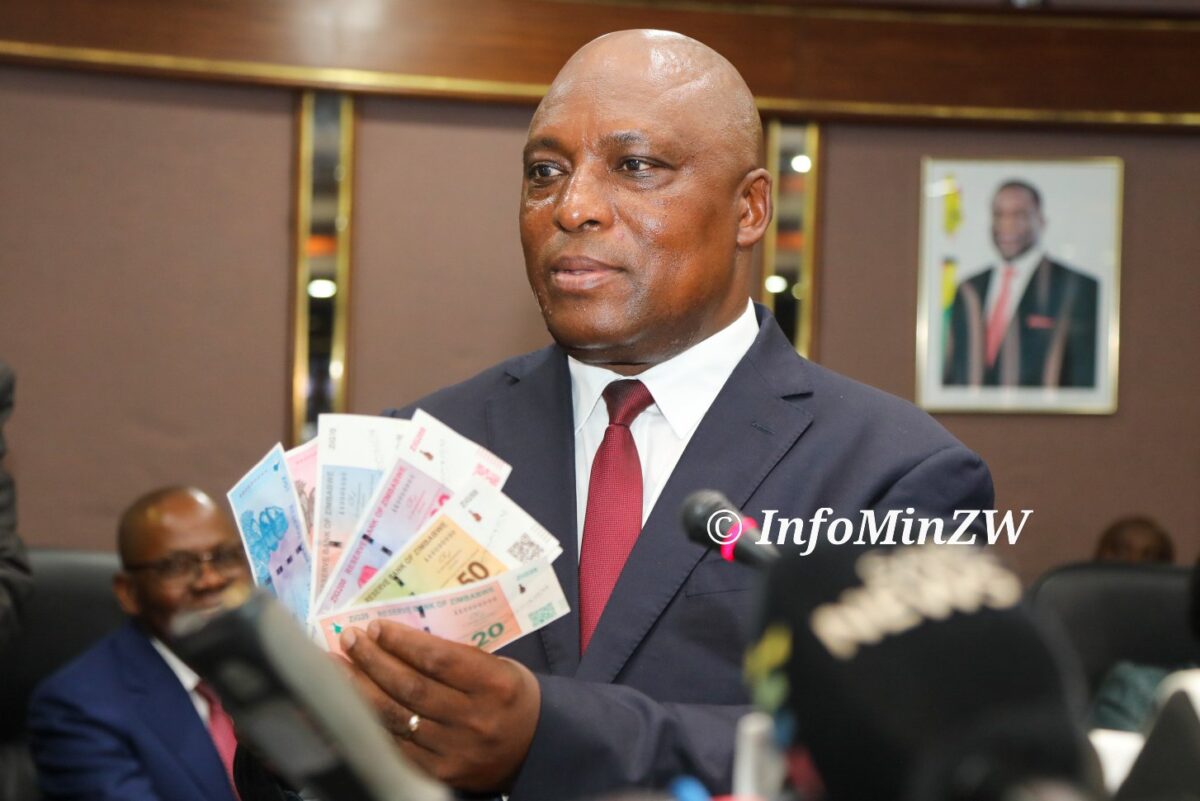ZIMBABWEANS must curb their expectation levels with a commission of inquiry announced by President Emmerson Mnangagwa into violent opposition protests and army killings witnessed on the streets of Harare on August 1.
The commission of inquiry, chaired by former South African President Kgalema Motlanthe, is not meant for the benefit of the local population. It’s certainly not meant to genuinely seek redress for those tragic events.
Instead, it is directed at the international community, for diplomatic purposes, with the primary motive being to get back on track when it comes to international public relations following the damage that the August 1 incident had on the “new dispensation” narrative.
That incident shocked those who were sold on that narrative and were blindly following and propping up the new regime pursuant to making this the dominant narrative.
This inquiry is also aimed at prospective investors who might have or were otherwise in the process of developing cold feet.
Zimbabweans cannot genuinely expect Mnangagwa to investigate himself or his regime. That would be rank naivety or madness, or both. We have got the institutions to investigate the incident and get to the bottom of it. The only thing missing is the political will.
This is primarily what I call “high politics” which is strong on “optics”, or “image driven politics”, rather than substance. It is directed at knowing and understanding “real politik” and the mind or condition of Western politicians and investors, and how to assuage their concerns.
Mnangagwa has calculated that the commission will buy himself time. He will also be seen to have done something credible about those terrible events and in line with Western concepts concerning how they should be resolved.
The Western world is not really concerned about real, substantive justice. They want a regime that respects or is perceived to respect their norms and values. It does not matter whether or not such a regime’s approach is real or feigned.
In the end, his regime will be perceived to be less “toxic” to deal with for investment purposes. Ultimately, such commissions tend to take a lot of time. In fact, by the time the commission completes its work, we will be way away from the current campaign season and the political heat that this has generated. So, the commission takes the sting out of the matter whilst detoxifying Mnangagwa’s government.
Mnangagwa surely knows who ordered the army onto the streets and why. He also made it clear who he was blaming for those events in the immediate aftermath. Finally, the one-sided Robert Mugabe-era type of arrests that have been carried out since then also renders the commission academic.
At the end of the process, I expect to see bland and non-controversial recommendations from the commission which do not ruffle the feathers of the establishment.
Brighton Mutebuka is a Zimbabwean lawyer based in England















